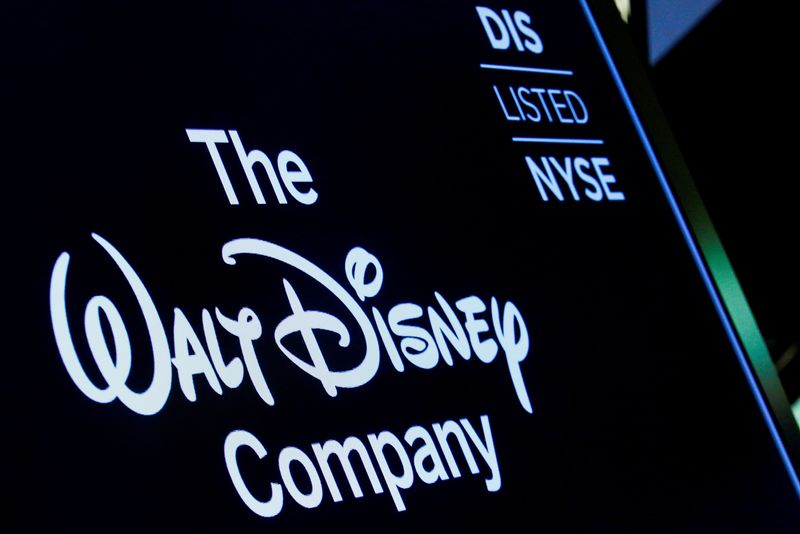
By Dawn Chmielewski, Lisa Richwine and Andrea Shalal
LOS ANGELES/WASHINGTON (Reuters) -The entertainment industry reacted with alarm and bafflement on Monday after President Donald Trump said he would impose a 100% tariff on all movies produced outside the U.S., but issued few details on just how such a levy would work.
Veteran studio executives who spoke with Reuters on condition of anonymity said the announcement on Sunday left unanswered the timing of the proposed levy and how it would be enforced for an industry whose biggest-budget films are often produced across several continents.
Trump’s pronouncement followed his meeting at Mar-a-Lago with his Hollywood ambassador, actor Jon Voight, special advisor Steven Paul and media executive Scott Karol. The group mulled a range of ideas to revive domestic film and TV production, including federal tax incentives, tax code changes and imposing tariffs “in certain limited circumstances,” the group said in a statement.
Slapping levies on an industry like film would mark a major extension of tariffs as a policy tool into services, for which the U.S. runs a sizable trade surplus. And like the auto, pharmaceutical and chip industries before it, Trump’s declaration threatens to put another business in a tariff-induced state of limbo.
The industry has been pressing for tax incentives to boost output in Los Angeles, the movie industry’s glitzy historic hub of cinema, as studios have shifted production to locations such as the UK, Canada and Australia to take advantage of generous tax credits and lower labor costs. A survey among studio executives over their preferred production locations for 2025 to 2026 by ProdPro showed the top five choices were all elsewhere.
The White House’s trade policy is aimed at boosting U.S. industrial activity, but the series of levies and rollbacks has sapped consumer and business confidence.
Tariffs on movies might prove particularly hard to implement.
One studio executive compared movie production to auto manufacturing, with various pieces – filming, visual effects and other elements – completed around the world, then assembled, through post-production, in the U.S. Some executives wondered whether the levy would apply only to the work done elsewhere, or attach to projects jointly financed by foreign investors.
Producer Todd Garner said proposed tariffs could have the unintended consequence of stymieing creativity. He cited director Steven Spielberg’s acclaimed World War II epic on the invasion of Normandy, France, “Saving Private Ryan.”

